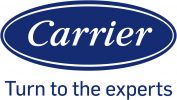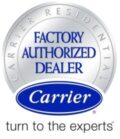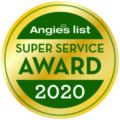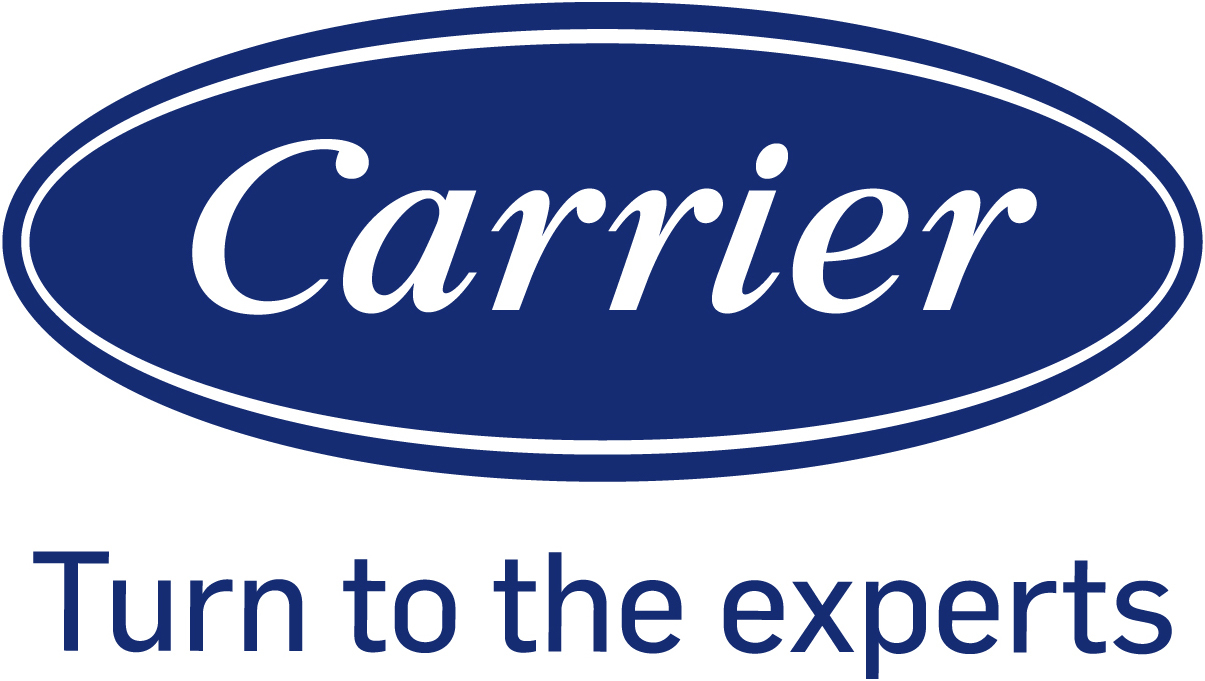While emergency HVAC repair services are certainly available, you’re better off trying to avoid HVAC issues in the first place, especially throughout the summer and winter seasons. After all, you don’t want to be one of those people who has an air conditioner that breaks down in the middle of summer.

While not all breakdowns are avoidable, there are several things you can do to reduce your chance of needing to call for an emergency AC repair. Here, HVAC specialists from Broom Heating & Air Conditioning have put together a list of tips on preventing emergency HVAC repairs.
1. Reduce performance pressure. Reduced utilization of your HVAC system may also help you avoid emergency repairs. It’s critical not to overwork your HVAC system when the weather outside is harsh. If you’re rarely home in the summer, there’s no need to keep your house at 70 degrees all day.
Keep track of how often your system runs and how hard it needs to work to keep your home at a comfortable temperature. Close curtains in the summer, don’t use the stove as often and utilize ceiling fans to keep your home cool without overworking your air conditioner.
2. Seal air leaks and drafts. One of the most effective ways to keep your air conditioner efficient is to seal the air ducts. This will ensure that no air is lost in the duct system. It will not only help you save money on your energy bill, but it will also keep you from having to deal with maintenance issues and emergency AC electrical repairs.
Also, remember that vents should never be closed. Some may believe that restricting ventilation to specific rooms is a good idea, but closing vents can cause the air conditioner to turn off altogether or even make the coils freeze.
3. Routine DIY maintenance. Keeping a close eye on your HVAC system, in addition to preventive maintenance, can help you avoid major issues. Make sure your air filter is changed regularly, that your condensate line is draining when the air conditioner is turned on and that your outdoor unit is free of debris, especially after a storm.
Listen for strange noises coming from your HVAC unit and keep an eye on your energy bill for unexpected surges, since both could indicate major issues and the need for an HVAC inspection.
4. Change your air filter. Dust, mold spores and other indoor air pollutants are captured by the filter, which helps to preserve indoor air quality. It clogs up over time, which is why it needs to be replaced regularly, especially during high-use seasons. If you don’t, you risk blocking airflow, putting more strain on your HVAC system and possibly even causing a breakdown.
Replacement air filters are inexpensive and simple to install without the help of HVAC specialists. If you’re replacing an air filter, ensure it’s the same size as the old one.
5. Clean the outdoor unit. The condenser is placed in the exterior unit in whole-house heating and air conditioning systems. Vents and cooling fins line the enclosure, which can become blocked with dust and grime. Leaves and larger debris may also make their way into the enclosure, preventing the vents from discharging warm air and putting additional strain on your HVAC system.
Keep in mind that your HVAC system may need to be cleaned and maintained by a technician before you take the garden hose to your outdoor unit.
6. Don’t turn off your HVAC system. You don’t have to turn off your heating and cooling systems if your household requires it at specific times of the day, such as when you arrive home from work or school. It may seem contradictory, but turning off your HVAC system every day actually consumes more energy and puts more strain on your system. After all, the HVAC system will have to cool or heat the entire house every time it’s turned back on, which means it will be running at full capacity for several hours.
7. Sign up for a maintenance agreement. Allow HVAC replacement specialists to handle the necessary maintenance tasks of your heating and air conditioning system instead of doing it yourself. They’ll take care of all the little details to guarantee that your system runs smoothly, reducing or even eliminating the need for emergency repairs.
Furthermore, a professional inspection will help aid you in identifying and addressing any minor issues before they become major, costly problems.
Importance of Professional Emergency HVAC Repair
Anyone who’s not an expert shouldn’t take emergency HVAC repair or HVAC servicing lightly. It’s best to hire a professional HVAC service provider for a single repair rather than wasting time and money trying to do it yourself.
An HVAC emergency is not only annoying, but also puts residents and employees of commercial buildings in danger. Schedule regular HVAC servicing to keep your HVAC unit performing optimally and avoid costly emergency scenarios.
How to Recognize Early Warning Signs
It’s best to get heating and cooling repairs done while the problem is still minor. You’ll be able to get ahead of the problem and prevent it from getting worse over time this way. If you detect any of the symptoms listed below in your HVAC system, contact your trusted HVAC replacement contractor right away.
- Unusual odors. Unusual odors emanating from your heating and cooling systems could suggest a leak, indicating that there are some underlying issues that need to be addressed right away.
- The air conditioner is blowing hot air, or the furnace is blowing cool air. This is just another clue that your HVAC system is malfunctioning. If this happens, it’s advisable to contact your HVAC contractor for an inspection.
- The air conditioning unit unexpectedly shuts down. Your HVAC system shouldn’t turn off on its own, so if it does, contact a local specialist right away.
Broom Heating & Air Conditioning provides a wide range of commercial HVAC services, including HVAC electrical repair, replacement and maintenance. We highly recommend investing in our commercial maintenance services because we can improve the performance of your HVAC system, increase its lifespan and identify energy-saving opportunities. We also provide 24-hour emergency repair services.
Call us at (803) 754-5466 or fill out our contact form to learn more about our products and services or to request a quote.

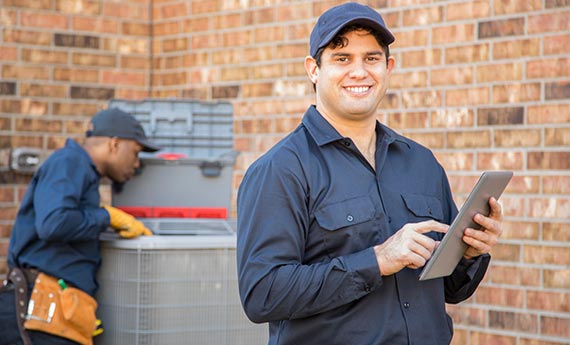 Planned maintenance is key to making sure your heating and cooling system is in top shape at all times. A lot of property owners see it as merely added expense but it’s not! Think of a planned maintenance agreement as an investment into your investment. Your HVAC system plays a role in keeping your home or business comfortable and energy-efficient, after all, so it definitely pays to have one in place.
Planned maintenance is key to making sure your heating and cooling system is in top shape at all times. A lot of property owners see it as merely added expense but it’s not! Think of a planned maintenance agreement as an investment into your investment. Your HVAC system plays a role in keeping your home or business comfortable and energy-efficient, after all, so it definitely pays to have one in place.
